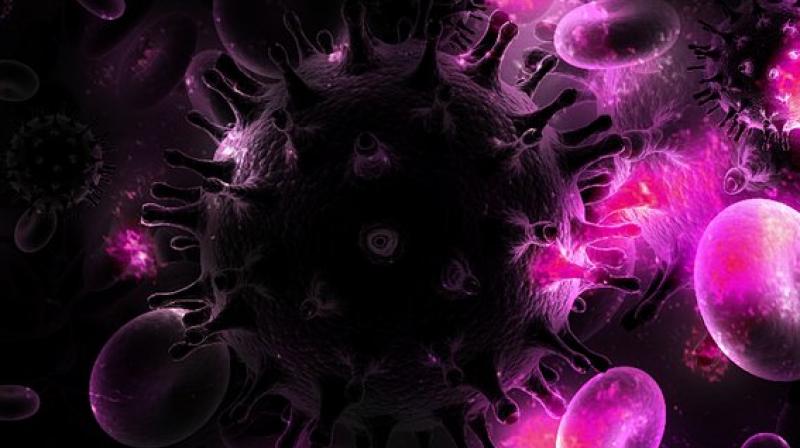New research in HIV raises ethical issues

Hyderabad: Finding a cure for HIV (Human Immunodeficiency Virus) is proving to be a tough task, as the research for human trials poses a challenge. This because the virus has to be injected in the human body and a cross-section of people are needed for analysing various treatment modules. Due to this, researchers are in a dilemma, as there are major ethical issues being raised, if healthy people are going to be put at risk, to find a cure. In a recent review in ‘PLOS Medicine’, there was a debate about the need to look for a cure for HIV, as anti-retroviral therapy has helped reduce mortality rates by 48 per cent in the last 11 years. This means that there is hope for HIV patients, but ART is not a cure for HIV. So, HIV continues to be a potentially lethal disease, making its research a danger for the subject. Worldwide statistics show that there are 36.7 million people living with HIV. In 2015, it was found that 1.1 million people had died due to HIV/AIDS related complications. With no cure around, researchers state hat it is important to redouble efforts to find a cure. In animal subjects, clinical trials are still at the pre-trial stage where genes, animal models, cell lines and other methods will be used. After the infection was injected into the animal, basic studies have shown that HIV remains latent inside animal cells. It is only when the virus is persistent that it begins to affect the body.
The review found that the same investigational approach of genes, stem cell transplants, biologics and ‘repurposed’ drugs will have to be used in human trials too. But the big question is, ‘Can the risks of HIV infection be minimised.

